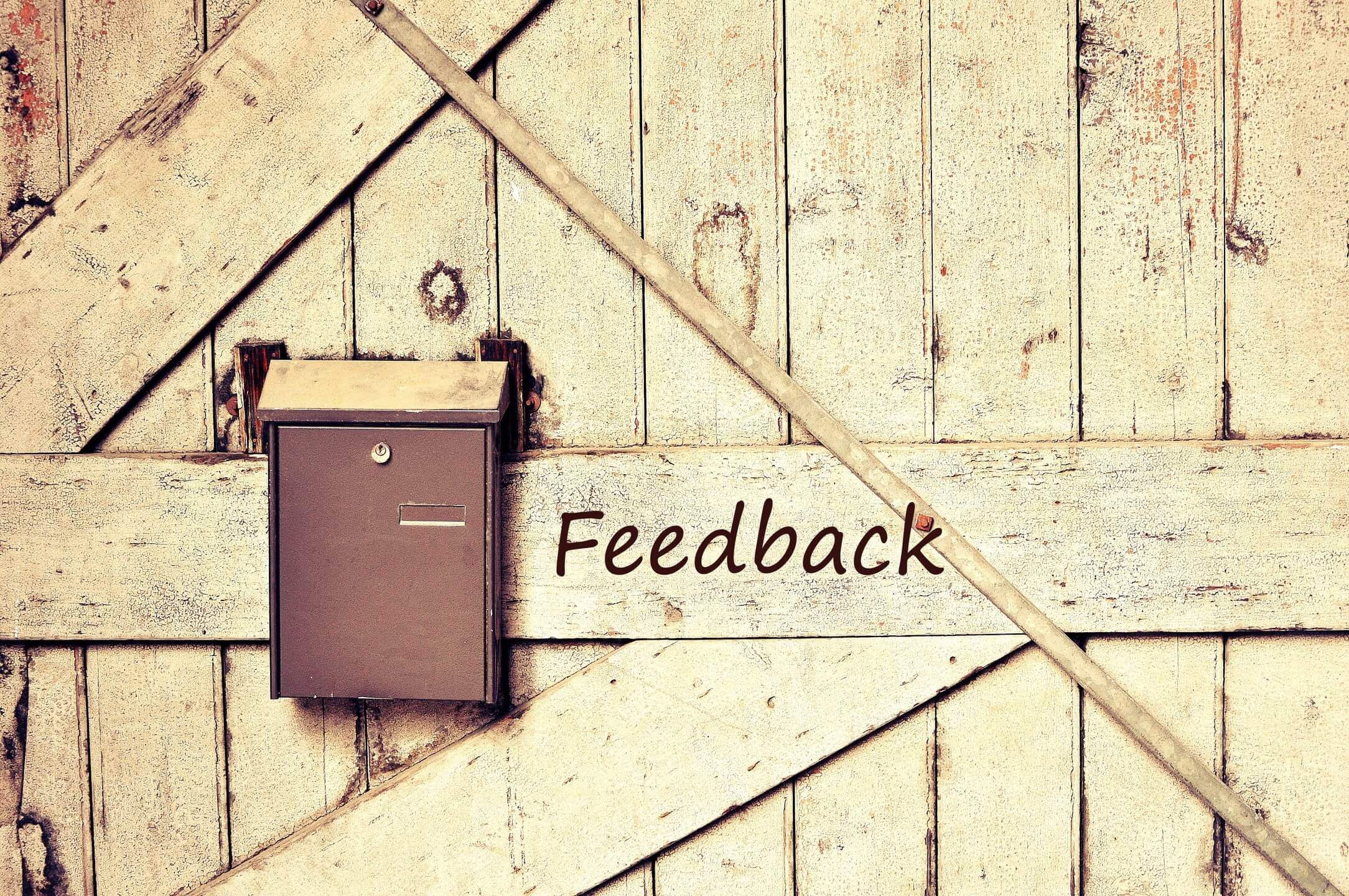Mostly managers are unable to decipher how an employee will respond to performance conversations, in order to cope with this dilemma they dump performance conversations altogether. Performance conversations can trigger a variety of responses, understanding and appreciating these responses is the key to deliver candid and timely feedback to the team members. These are the five common employee responses that are witnessed during the performance review delivery. It is advisable that managers be aware of these reactions so that they can and handle them carefully.
The denial reaction
This type of reaction is studded with attacks on the performance reviews credibility and the facts supporting it Employees tend to disown the issue, deny that the events took place, or water down the impact of their actions. Some of the common statements by the employees are:
- ?I don?t know what you?re talking about.I provide great customer support!?
- ?I will not accept your feedback regarding my team management skills. The incident quoted by you never took place.?
The Indifference reaction
In this type of reaction, employees react to the feedback in a non persona grata manner and do not fully commit to doing things differently. Some of the common statements by the employees are:
You May Also Like To Read:?How To Manage Stress And Regain Well-being
- ?Hmmmm?., maybe; I?ll see what I can do.?
- ?I can?t make any promises, but I?ll try.?
- ?Sure, Let me see what can be done, I will ponder over this.?
The lack of confidence reaction
In this reaction the employees suffer from lack of confidence in their abilities to succeed or are completely averse to taking any risk. Some of the common statements by the employees are:
- ?Honestly, I don?t even know where to start from.?
- ?I had a gut feel that this would happen; I can never do anything correctly.?
The responsibility skirting reaction
In this case the employee agrees to the event, but starts playing the ?blame game,? subtly hinting that they will not change. Some of the common statements by the employees are:
- ?It?s not my fault??
- ?I?m sorry, but when people ask such basic questions it is very annoying.?
The anger reaction
In this type of reaction, employees become angry and say things impulsively or react in an emotional way. Some of the common statements by the employees are:
- ?This is not at all fair!I always knew you didn?t like me, but this is unreasonable.?
- ?I?ve been working so hard to meet all of my project deadlines, and this is what I get to hear??
- ?I was expecting a promotion and I think I deserve it.?
To reduce negative reactions, managers should use sharp and to the point language loaded with sufficient examples to build on the feedback. In addition to this, managers should stay tuned, in order to decipher employee emotions and respond accordingly. In delivering performance feedback, you should use simple words and supporting examples to deliver formal and informal feedback.?? The employee feels respected; if they are given a chance share his/her true reactions and emotions with you.
Thirdly, keenly observe the employee?s choice of words, tone, and facial expressions to assess the emotions and respond accordingly. If you encounter a shocked, aggressive, or defensive reaction from the employee, maintain your composure, do not start by reacting in the same tone and tenor. Be considerate and stand firm on your grounds, reiterate your point with substantial examples and next steps.
Jappreet Sethi











A negative employee can infect a work group or team with negativity faster than you can imagine. You can manage a negative employee – and sometimes, you can help the employee turn the negativity around.
Good synopsis !!